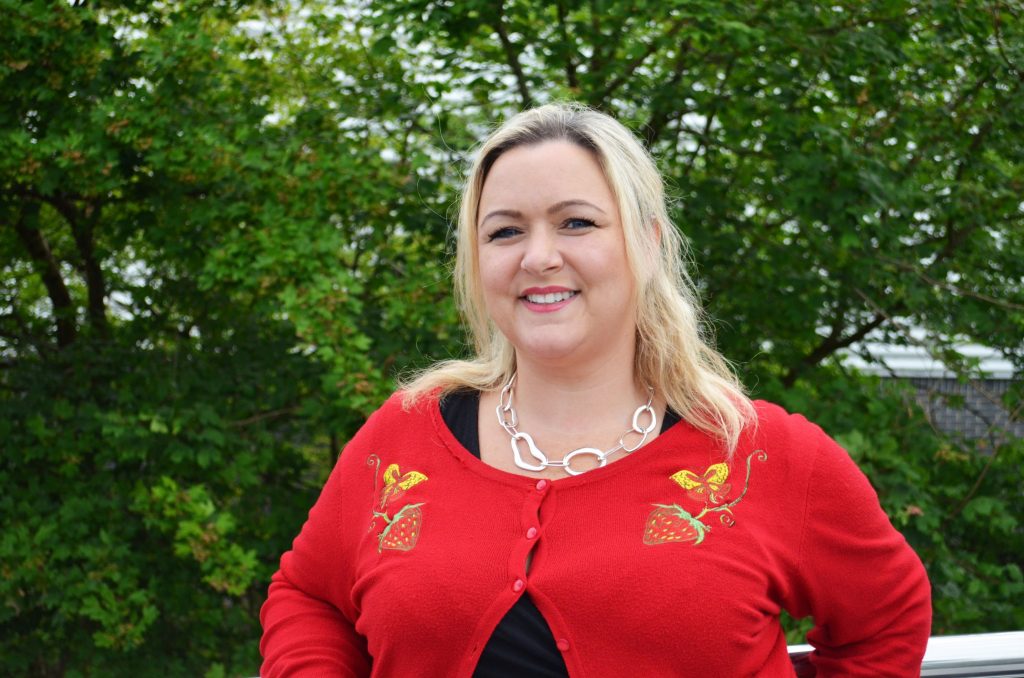It’s with great pride to share that three members of staff from South Devon College have published articles of research with Taylor & Francis. Katy Joy, Jo Button and Anna Neale have all published pieces focused on their specialist areas.
Katy Joy – Head of Teacher Training and Community Learning, produced a piece titled ‘The effectiveness of post-16 pathways for gaining employment associated with undergraduate degree study’.

This article sets out to examine the effectiveness of five different post-16 study pathways and the impact that spending time away from education has on gaining employment associated with an undergraduate degree. It also explores advice and guidance for students looking at post-16 study options, higher education and employment. An initial online survey was used, followed by case studies to form a mixed-method approach. The findings suggest that a vocational pathway better prepares students for making decisions around employment and study in comparison to the more traditional A Level pathway. They also highlight that a period of one to four years after finishing post-16 study and starting undergraduate degree study is the most effective for students to gain employment associated with their undergraduate degree. Finally, it was found that most participants did not have positive experiences with advice and guidance regardless of their pathway.
Jo Button – Programme Coordinator for Children, Education & Apprenticeships, researched ‘Exploring practitioners’ perceptions of risk when delivering Forest School for 3 to 5-year-old children’.

Forest School has grown in UK popularity, providing young children with opportunities for fun and risky play, and time in nature. Focus groups and semi-structured interviews were used to explore student practitioner and nursery practitioner perspectives about risk when delivering Forest School with pre-school children; participant views on risk were sought before and after engagement in five Forest School sessions. The study found that risk is a flexible term for early years practitioners. Whilst participants saw the benefits, there was also anxiety about upholding regulations or fear of blame. Additionally, practitioners’ perceptions of risk changed after the Forest School sessions, suggesting the more experience practitioners have, the less anxious they are about the risks of delivering Forest School sessions with young children.
Finally, Anna Neale – Head of Society, Education and Development, wrote a piece on ‘A proactive targeted approach to preventing adolescent aggressive behaviours’.
The aim of this research was to critically examine methods for reducing incidences of aggression within adolescence. To achieve this aim, a proactive intervention programme was devised and implemented aimed at changing attitudes towards physical and relational aggression through social skills education within the College’s tutorial programme. The research involved the implementation of an intervention programme that consisted of three workshops based on social skills training, problem solving and anger management techniques, the development of empathic skills, education on the role of the bystander, and victimisation prevention strategies (N = 158). Two self-report questionnaires were administered, pre-test and post-test to analyse the effectiveness of the intervention programme. The questionnaires included measures of attitude towards physical and relational aggression; victimisation; popularity and aggression; bystander and victimisation beliefs; and empathy towards victims. A control group completed the two questionnaires in the same time frame but without undertaking the intervention workshops. Post implementation, aggression scores for both physical and relational aggression significantly decreased for the intervention group against a control. Additionally, popularity was found to positively correlate with both physical and relational aggression. This study highlights the necessity for intervention programmes in educational environments in terms of the shaping of prosocial attitudes of students and to ensure the safeguarding of students.
It is great that the staff teaching at South Devon College and University Centre South Devon are not just sharing incredible knowledge with students, but also shaping the industries they are teaching in.
